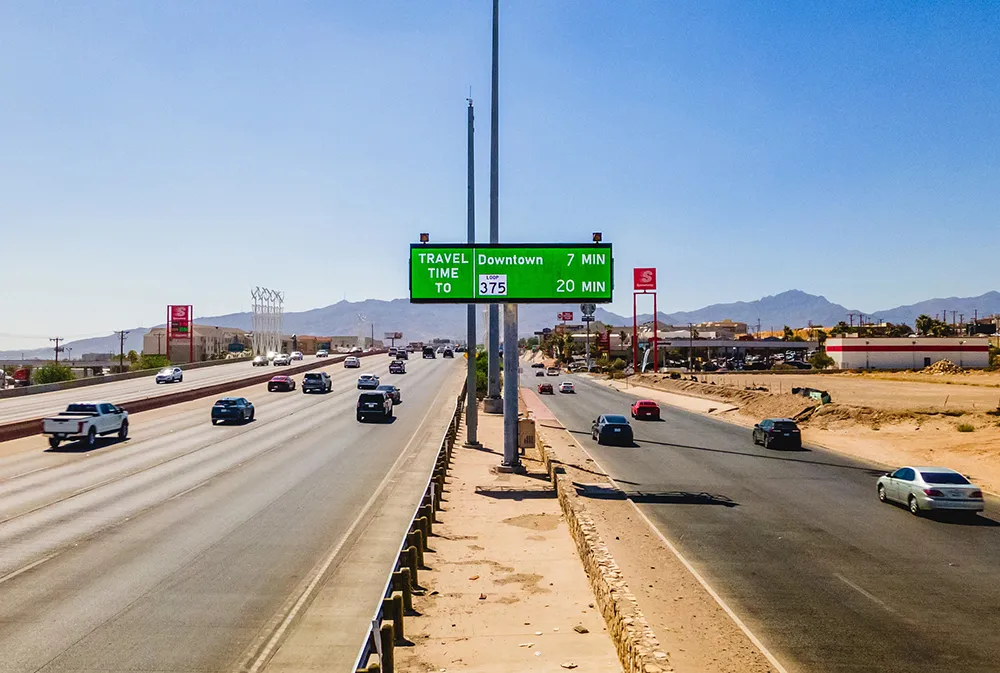The city of Mississauga (greater Toronto area) has awarded engineering and construction firm Parsons a ten-year contract for the replacement of the city’s traffic signal control system and the supply of an advanced transportation management system (ATMS), including long-term support services.
Parsons will implement its Intelligent Networks ATMS, iNET, to provide a modular, integrated, web-based platform to monitor, control and manage traffic signals, with adaptive capabilities and several other ATMS app
January 20, 2015
Read time: 2 mins
The city of Mississauga (greater Toronto area) has awarded engineering and construction firm 4089 Parsons a ten-year contract for the replacement of the city’s traffic signal control system and the supply of an advanced transportation management system (ATMS), including long-term support services.
Parsons will implement its Intelligent Networks ATMS, iNET, to provide a modular, integrated, web-based platform to monitor, control and manage traffic signals, with adaptive capabilities and several other ATMS applications.
Building upon the expertise of Delcan, which Parsons acquired at the end of March 2014, Parsons will serve as the prime contractor for the design, development, testing, and commissioning of the city’s ATMS, as well as installation, transition management, and long-term support and maintenance. In addition, Parsons will provide central system software and hardware, including new video wall and audio visual equipment and traffic signal controllers for the entire city.
“We are pleased to once again partner with the City of Mississauga for its transportation management needs,” said Todd Wager, Parsons Group President. “Cities across the globe face the challenge of coping with growing populations and increased traffic congestion. Parsons’ iNET solution helps preserve the quality of life in these burgeoning areas by increasing safety for the traveling public as well as by enhancing the environment and stimulating the local and regional economies.”
Parsons will implement its Intelligent Networks ATMS, iNET, to provide a modular, integrated, web-based platform to monitor, control and manage traffic signals, with adaptive capabilities and several other ATMS applications.
Building upon the expertise of Delcan, which Parsons acquired at the end of March 2014, Parsons will serve as the prime contractor for the design, development, testing, and commissioning of the city’s ATMS, as well as installation, transition management, and long-term support and maintenance. In addition, Parsons will provide central system software and hardware, including new video wall and audio visual equipment and traffic signal controllers for the entire city.
“We are pleased to once again partner with the City of Mississauga for its transportation management needs,” said Todd Wager, Parsons Group President. “Cities across the globe face the challenge of coping with growing populations and increased traffic congestion. Parsons’ iNET solution helps preserve the quality of life in these burgeoning areas by increasing safety for the traveling public as well as by enhancing the environment and stimulating the local and regional economies.”








